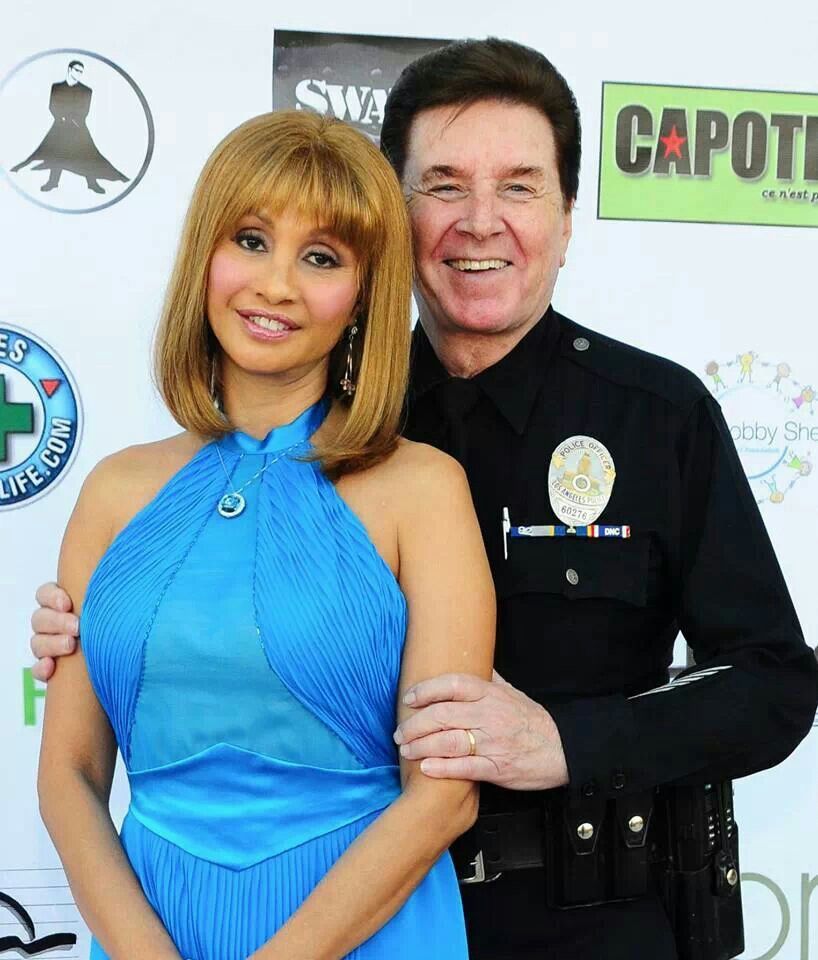
A Tearful Testament to Lost Innocence and Lingering Heartbreak
Ah, the late 1960s and early 1970s – a time of seismic shifts, from cultural awakenings to musical explosions. And nestled right in the heart of that vibrant era, with his earnest eyes and boy-next-door charm, was Bobby Sherman. For many of us, his songs were the soundtrack to our first crushes, our innocent heartbreaks, and those tentative steps into young adulthood. Among his most poignant offerings, and one that truly struck a chord, was the melancholic gem, “Cried Like a Baby.” Released in 1971, this heartfelt ballad soared up the charts, peaking at a respectable number 16 on the Billboard Hot 100, a testament to its immediate resonance with a generation navigating the complexities of young love. It wasn’t just a fleeting pop hit; it became an anthem for anyone who had ever felt the sting of a goodbye, a whispered assurance that it was okay to let the tears fall.
The story behind “Cried Like a Baby” is as universal as it is deeply personal. While not penned by Bobby Sherman himself (it was written by the talented duo of Gloria Sklerov and Harry Lloyd), it perfectly encapsulated the kind of emotional vulnerability that became Sherman‘s trademark. Imagine, if you will, those quieter moments after a significant farewell – the silence that amplifies the ache, the replay of shared laughter and whispered promises. This song is that moment distilled into melody and lyrics. It speaks of the raw, unadulterated pain of a breakup, the kind that leaves you feeling utterly undone, regardless of age or experience. It’s the antithesis of stoicism, a powerful declaration that sometimes, the only way through the grief is to surrender to it completely.
For those of us who grew up with Bobby Sherman plastered on our bedroom walls and his 45s spinning endlessly on our record players, “Cried Like a Baby” wasn’t just a song; it was an emotional touchstone. It gave voice to those feelings we often struggled to articulate – the overwhelming sadness that can accompany the end of a relationship, even one that might seem fleeting in hindsight. The song’s power lies in its simplicity and its sincerity. There are no grand metaphors or complex narratives; just a straightforward, almost confessional admission of profound sorrow. The lyrics paint a picture of someone utterly heartbroken, unable to maintain composure, letting the tears flow freely and unashamedly. “I cried like a baby, a helpless little child,” he sings, and in those words, we recognized ourselves. We remembered our own moments of inconsolable grief, perhaps over a first love, a cherished friendship that drifted apart, or even just the bittersweet passage of time.
Listening to “Cried Like a Baby” today, it’s impossible not to be transported back to a time when life felt both simpler and infinitely more dramatic. Bobby Sherman’s earnest vocal delivery, imbued with a palpable sense of regret and longing, perfectly captures the essence of youthful angst and heartbreak. It’s a song that understands and validates the pain of loss, offering a comforting presence in its shared vulnerability. It serves as a gentle reminder that tears are not a sign of weakness, but rather a testament to the depth of our capacity to love and connect. It’s a bittersweet echo from a bygone era, a melody that still possesses the power to stir memories and evoke a quiet, reflective sigh for the innocence and intensity of our younger selves. For many, “Cried Like a Baby” remains a classic testament to the enduring human experience of love, loss, and the universal act of shedding tears when our hearts feel truly broken. It’s a song that reminds us that some feelings, like some melodies, are timeless.